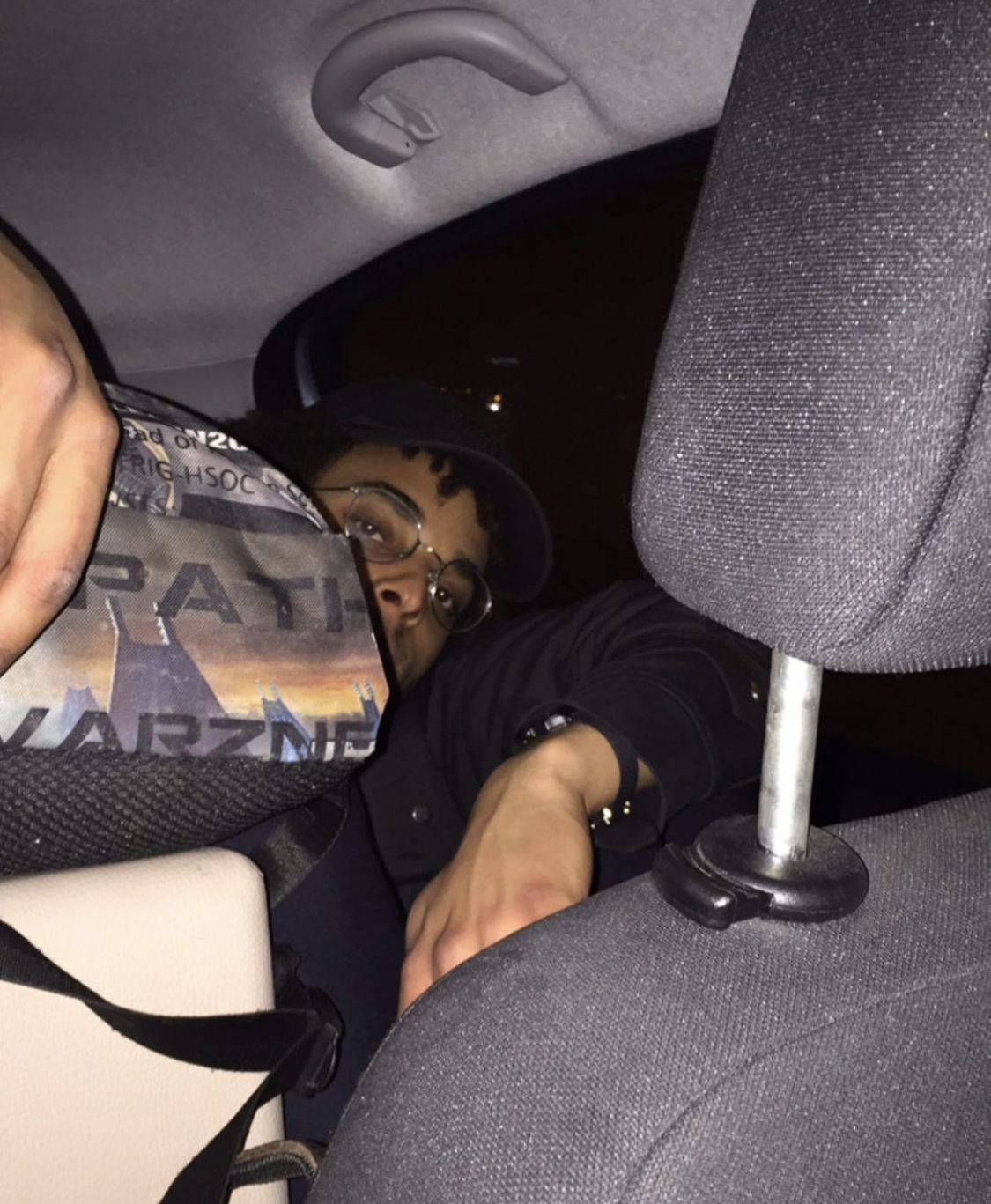Der junge Zürcher Jazzsaxofonist Tapiwa Svosve (*1995) gewann dieses Jahr einen der BAK-Musikpreise. Svosve legt sich auf keinen Stil fest: er wechselt agil zwischen Free Jazz, Ambient, Noise und Progressive Rock. Seine musikalische Praxis ist jedoch fest in der Jazztradition verankert. Ein Porträt von Jaronas Scheurer.

„Tapiwa Svosve fräst Saxofonklänge in die Kanalisation“ weiterlesen

